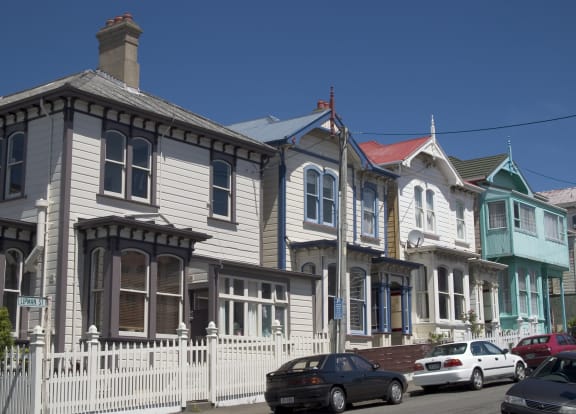‘Average house prices in Auckland are going up’ is a recurring headline, one which begs the question: what is average?

When calculating average prices for a house extreme figures can skew a mean, so you're better off calculating the median price. Photo: CC BY-NC-ND 2.0 Jared Kelly / Flickr
Thomas Lumley is a statistician at the University of Auckland and founder of the blog StatsChat, and he says an average is very useful when we want one number to summarise a set of values so we can compare it.
He says there are a number of different ways of calculating an average, and the biggest difference between them is how much emphasis they give to really extreme values.
“If we’re interested in housing affordability we’re not really interested in the multi-million dollar mansions … so then the median, which is halfway up the distribution of prices, is a good summary. Or you do what realestate.co.nz does, which is drop the top 10 percent and bottom 10 percent of the prices and take the mean value of the rest of them.”
“On the other hand, if we’re interested in the risk to banks, say if mortgages suddenly failed,” says Thomas, “then we would care about the big numbers, the really expensive houses, as well as the ordinary ones, and there the mean might be more helpful.”

Thomas Lumley Photo: University of Auckland
The median is simply the middle number, so the median of the numbers 1-10 would be 5.5, since the middle two numbers are 5 and 6. The mean (which in this example works out to be exactly the same), is the sum (55) divided by 10, which is how many numbers there are.
Thomas says statistics is useful in situations when there is lots of information, and no single measurement can tell you what you need to know. When choosing what kind of average to use he says the most important factor to consider is exactly what question you’re seeking to answer.

